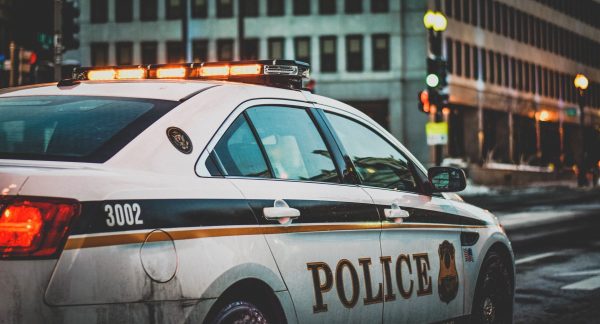
The 2020 murder of George Floyd by Minneapolis police reinvigorated a national debate on racism in law enforcement. Despite calls to eliminate aggressive engagement practices – such as the chokehold – larger debates on racist biases in law enforcement remain fraught and contested. In a recent article, sociologists Victor M. Rios, Greg Prieto, and Jonathan M. Ibarra set out to understand how police respond to changing expectations of police conduct in their interactions with Latinx communities.
To examine how the goal of friendly civilian encounters occur in practice, the authors spent five months observing a Gang Suppression Team (GST) in a mid-sized California city. Additionally, they interviewed gang-associated Latinx civilians who interacted with the GST. Although many researchers have studied police bias against Black communities, Rios and colleagues focus on the Latinx community, a largely overlooked group in the literature on racial profiling.
Rios and colleagues identify a continuum of policing tactics. These range from cordial and cooperative engagement styles – mano suave (Spanish for soft hand) – to more abusive and punitive tactics in which officers frisk civilians and use physical force to display dominance – mano duro (hard hand). These varying and often contradictory approaches to policing signal recognition of changing expectations of law enforcement. However, the authors find that courtesy policing, or the turn to respectful and cordial methods, is often used to justify more punitive approaches. Officers approach these encounters “interactionally,” integrating new practices alongside tactics that reflect ingrained racist biases.In recent years, police leaders have expressed a desire to repair relationships with Latinx communities and other historically marginalized groups. Yet the legitimacy policing continuum leaves space for existing biases and racist practices to shape interactions with overpoliced communities. The years-long debate over excessive policing has underscored the need for systemic change. Many activists have called for the outright abolition of police and law enforcement, while other advocates and policymakers favor reform in engagement styles, such as bans on techniques like the chokehold. However, as this article demonstrates, surface-level reforms without structural change can leave room for existing biases, amounting to little more than “a velvet glove sheathing an iron fist.”

Comments